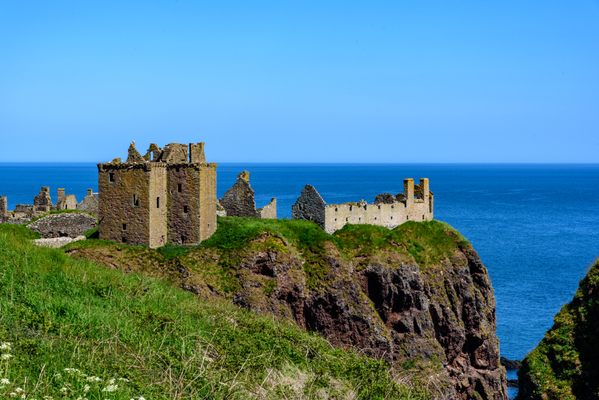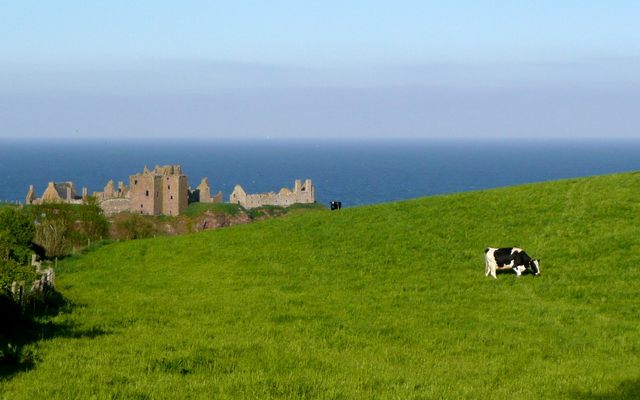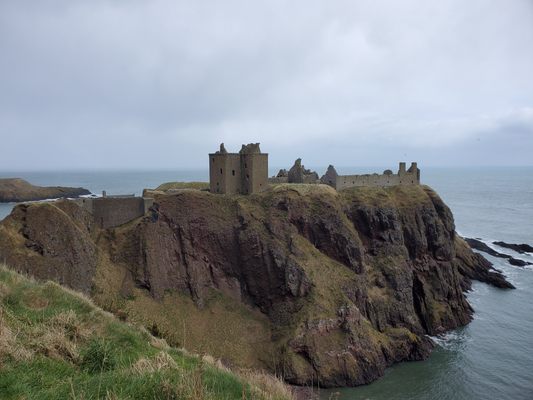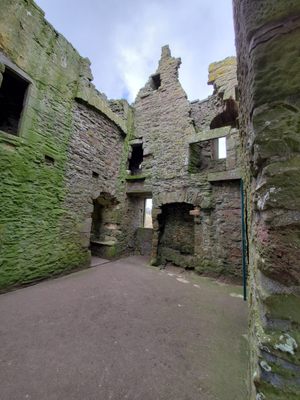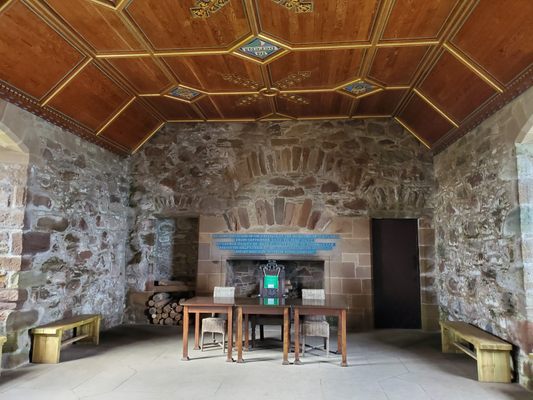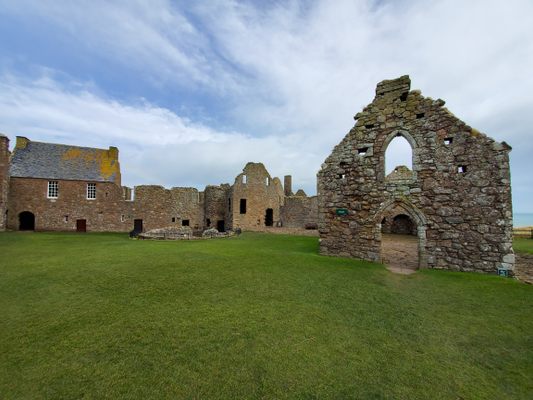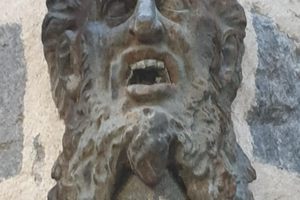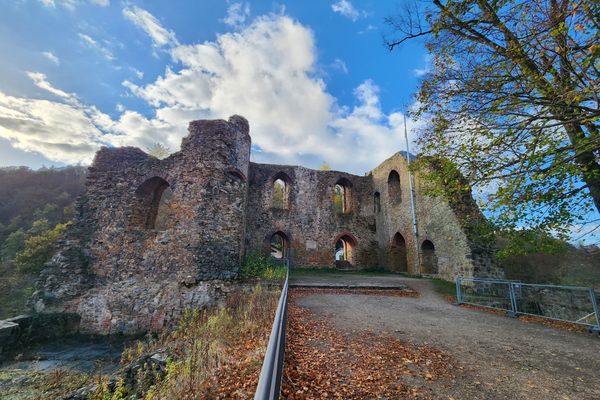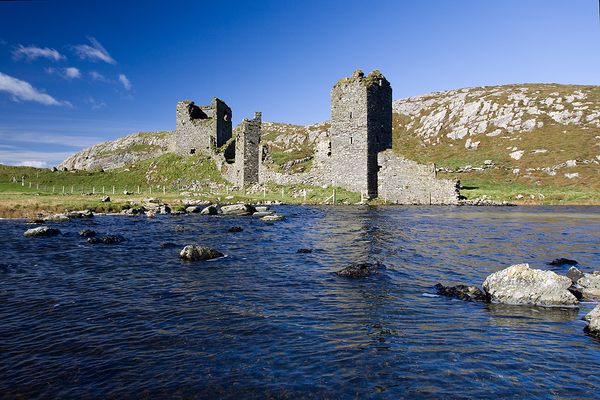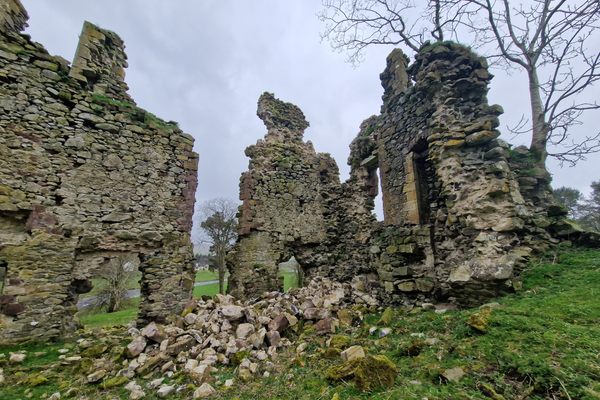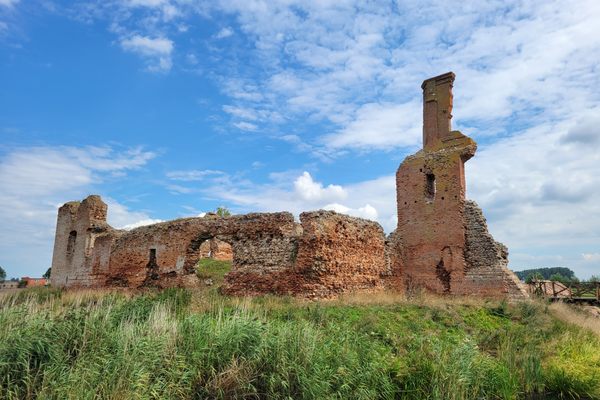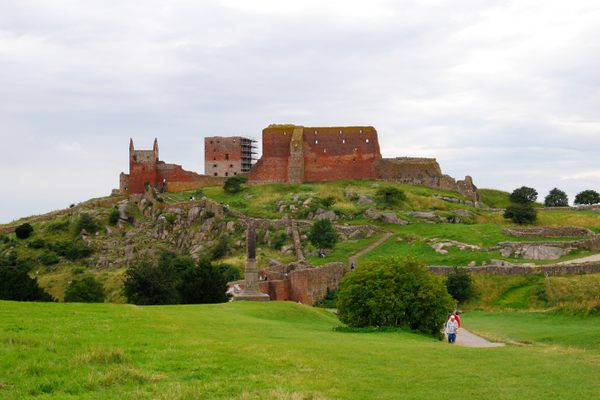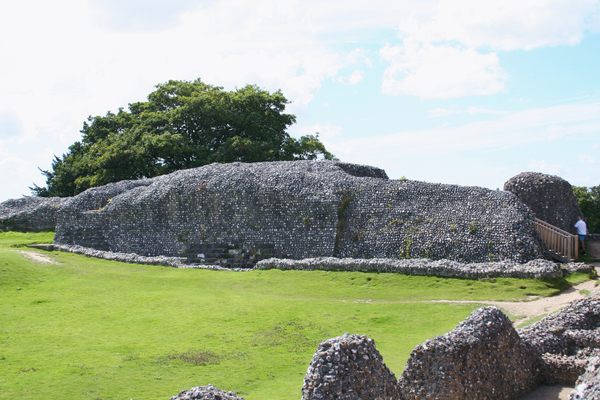About
Looking out to the North Sea, this beautiful castle, set on a cliff south of the town of Stonehaven, evokes a distinct connection with the site. You can almost see the Viking ships chopping the surf and the servants bustling about to tend to the visiting royalty.
While it is not known how long ago this site was originally inhabited, it is believed that its establishment came in Pictish times between 5000 BC to 700 AD. The Picts religious system worshipped nature spirits, and the site was seen as the home of the "green lady," who symbolizes the strong feminine nature of the surrounding area. After the Picts converted to Christianity in the fifth century—when St Ninian chose the Dunnottar site for one of his churches—the "green lady" was said to have been seen looking for her "lost children," having been seen in the brewery of the castle.
In the ninth century, the Vikings invaded, seized, and destroyed the castle, having defeated King Donald II as he tried to protect it. While the current chapel was built in the 16th century, the previous chapel was consecrated in 1276 after the site became a Catholic settlement. A 15th century poet, "Blind Harry," whose epic poem was the inspiration for the film Braveheart, declared that William Wallace set fire to the original chapel, which was full of English soldiers seeking refuge.
The castle was home to the Earls Marischal, one of the three offices of State, along with the Constable and the Steward. The main responsibilities of the Earls Marischal were ceremonial events, the Honours of Scotland (the Crown Jewels), and the safety of the King in parliament. Several monarchies stayed at Dunnottar, including Mary Queen of Scots.
Today the gorgeous ruins of the castle rest atop their rocky perch, looking like something out of a fantasy novel, and given the site's mystic religious roots, that's not far off.
Related Tags
Know Before You Go
South of Stonehaven on A90, exit to A92, left on Coastal Tourist Route, a parking lot is off of this road that is at the head of the trail which leads to the castle.
Some of the stones from the original chapel still remain in place today, as many were reused in the reconstruction. See if you can spot them.
Flavors of Scotland: Beyond the Haggis
Smoked seafood, single malt whisky, and warm hospitality.
Book NowCommunity Contributors
Added By
Published
November 16, 2015



